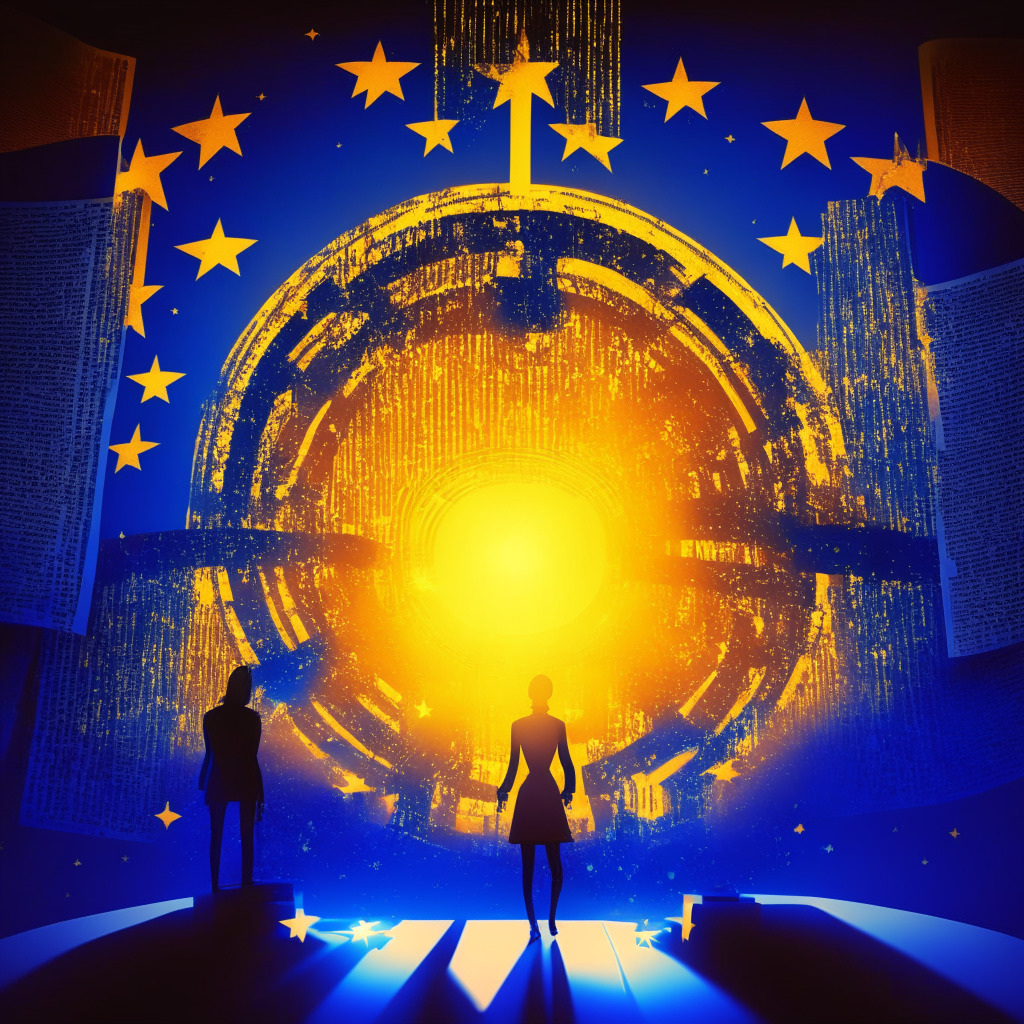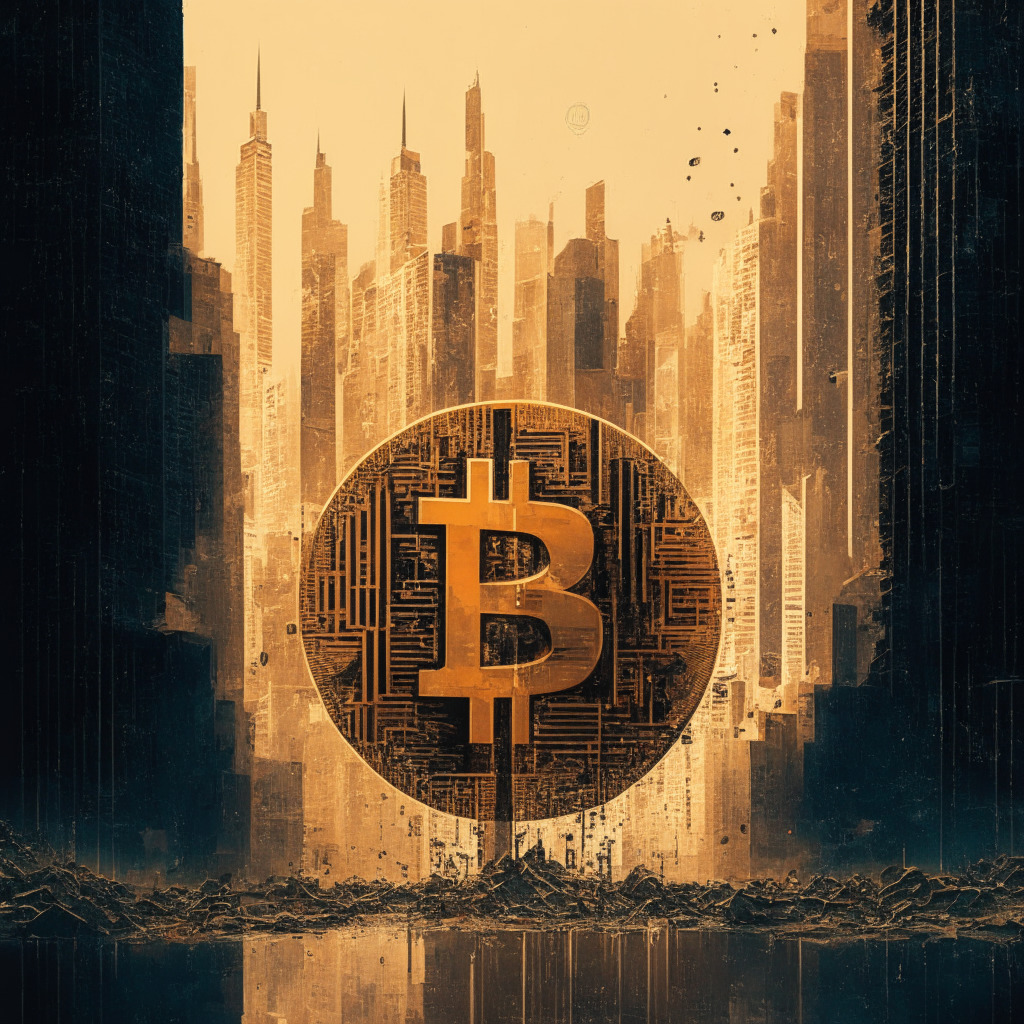Blockchain, the backbone of cryptocurrencies, is no longer just a buzzword. It’s a rapidly evolving technology that could fundamentally change many industries. Enthusiasts assert that decentralization and distributed computing brought about by blockchain could offer immense economic efficiencies and democratic freedoms. At the same time, doubters caution against the suspicion around security, energy consumption, and regulatory issues.
Blockchain’s raison d’être is decentralization, which seeks to reduce the reliance on central authorities, such as banks and governments, facilitating direct interaction between parties. Imagine sending money overseas without paying hefty fees to a bank or booking a flight without relying on an intermediary like Expedia. The charm of blockchain lies in its potential to revolutionize these transactions while providing transparency, immutability, and equality.
However, the decentralized nature of blockchain also raises some eyebrows. Ownership disputes, cybersecurity threats, and possible mismanagement can offer a sort of wild-west scenario. No one is in control, and everyone is in control. Hence, resolving disputes becomes challenging without a central authority to draw upon.
Energy consumption is another double-edged sword. Mining BTC, among other cryptocurrencies, requires considerable computational power, leading to criticisms around the environmental impact. Conversely, proponents argue that the impact is offset when compared to the energy devoured by the existing financial system. Still, the scales of cost and benefit here remain a subject that needs careful scrutiny.
Lastly, let’s look at regulatory concerns. In the world of crypto, Elon Musk‘s tweets can result in significant market fluctuations. Coupled with a lack of comprehensive regulatory oversight, this volatility can be disconcerting for the uninitiated while offering immense opportunities, perhaps, for the risk-takers and market manipulators. Notably, as governments across the globe are gearing up to regulate this new medium of exchanging value, the line between danger and opportunity begins to blur.
The mystery wrapped inside the enigma that is blockchain encapsulates a vision of egalitarian transactions on the one hand and imposes challenges to the traditional establishment and the environment on the other. One thing is undeniable – the game of blockchain is on, and whether one is playing or watching from the sidelines, it promises to be a rollercoaster ride. This technology is forcefully carving a niche in the world, and it seems everyone will be pulled into its gravitational field one way or another.
Source: Cryptonews




